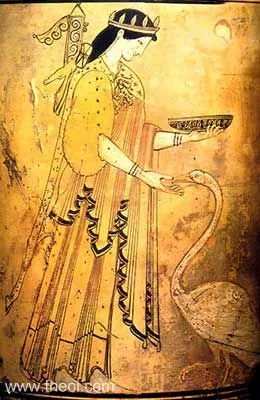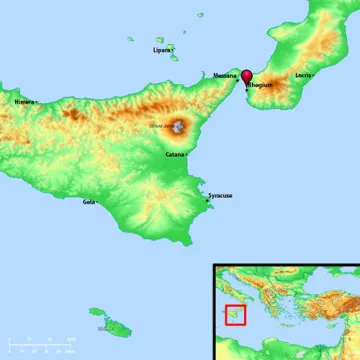Book of Acts Chapter 1, Part 1
The Book of Acts, Chapter 1 – Christogenea Internet Radio, April 11th, 2013
The Book of the Acts of the Apostles, as it is fully called, is a book of transition. It records a transition of the legitimate faith in Yahweh God, as decreed by His Word, from the tenets of Hebraism to the constructs of Christianity; from the rituals of the laws of the Old Covenant to a faith in the Word of God in Christ which was promised by the prophets of the Old Covenant, and which was recorded in the Gospel of the New Covenant. This faith in Christ would include the Christian recognition of a need for conformance to the commandments of Christ, found in those original ten commandments and the admonition to love one's brother. It records a transition of the primary subject of the Word of God from the remnant of Jerusalem to the dispersion of the children of Israel, the “lost sheep” of the ancient dispersions. That is what the New Testament is, it is the record of the Gospel of the New Covenant between Yahweh God and His people Israel, which was explicitly promised in the prophets at Jeremiah 31:31, Ezekiel 37:26 and Daniel 9:27. It was implicitly promised in many of the other writings of the prophets. We know that these Gospels do indeed represent the promised New Covenant since they came at the appropriate time, which was outlined in the 70 weeks vision of Daniel chapter 9.
There should be no doubt that the apostle called Luke wrote Acts. The author claims to be the writer of the Gospel, “that first account” mentioned in the opening of the Book of Acts. The Greek style is precisely the same which is found in the Gospel written in his name. Paul tells us that Luke was with him at his imprisonment (Philemon 24), and from Acts we see that Luke was there when this happened (Acts 27:1). Luke was with Paul, at the least, from Acts 16:10-17, 20:5-21:18, and 27:1-28:16 (to the end of the book). Paul is arrested in Acts Chapter 21, and the balance of the book follows his imprisonment as far as Rome. No other companion of Paul’s meets all of these criteria. Luke is also mentioned by Paul at Colossians 4:14 and 2 Timothy 4:11. Acts was written to be an extension of Luke's Gospel. It can justly be called Luke, Part Two. It is written to the same audience, the “lover of God” whom Luke addresses in his Gospel. More will be said about that as we get into the opening verses of the book.


 The end of Acts chapter 27 left us at the end of a shipwreck, as after several weeks of struggling through apparently early Winter storms, the ship carrying Paul, Luke and Aristarchus is finally run aground on an island. The nature of the wreck indicates to us the size of the ship, as evidently it could not get very close to the shore since the men had to make a swim for it, and they were not certain whether they could all make it safely. One manuscript, the Codex Vaticanus, tells us that 76 people were on board, and the Codex Alexandrinus tells us 275, however the preponderance of the manuscripts tell us that there were 276 men on board the ship. Some of these were crewmen, and some were soldiers in the company of the centurion, Julius.
The end of Acts chapter 27 left us at the end of a shipwreck, as after several weeks of struggling through apparently early Winter storms, the ship carrying Paul, Luke and Aristarchus is finally run aground on an island. The nature of the wreck indicates to us the size of the ship, as evidently it could not get very close to the shore since the men had to make a swim for it, and they were not certain whether they could all make it safely. One manuscript, the Codex Vaticanus, tells us that 76 people were on board, and the Codex Alexandrinus tells us 275, however the preponderance of the manuscripts tell us that there were 276 men on board the ship. Some of these were crewmen, and some were soldiers in the company of the centurion, Julius.




 Please click here for our mailing list sign-up page.
Please click here for our mailing list sign-up page.







